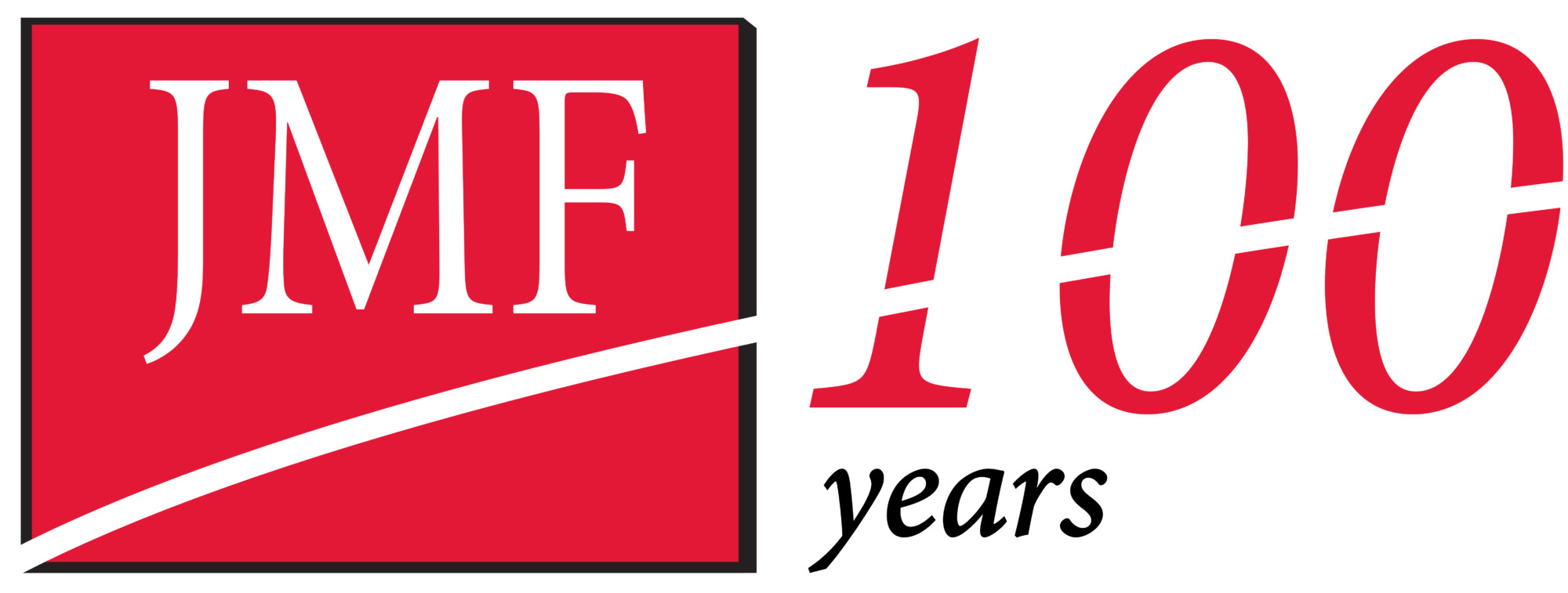A buy–sell agreement can be critical to a business owner intending to sell the business interest or needing to accommodate other changes within the organization. Typically, it can help ease a transition in leadership to the younger generation.
Basic concept: The buy–sell agreement protects your family’s interests in the event you become disabled or die prematurely and establishes ground rules for a sale. Such an agreement is often funded with life insurance. It is viable for virtually every type of business entity, including C corporations, partnerships, S corporations and limited liability companies.
Although some variations exist within the basic framework, there are three main types of buy–sell agreements. They are as follows:
- Cross-purchase agreements: With this agreement, a business owner agrees to sell his or her interest to the remaining co-owners or partners. Because this is the simplest form of a buy–sell agreement, it may be suitable for a small business with just two or a handful of owners. However, another type of agreement may be preferable for a business with numerous owners.
- Entity-purchase agreements: As the name implies, this form of buy–sell agreement—sometimes called a “redemption agreement”—requires the business owner to sell his or her interest directly to the entity. Therefore, the ownership interest is effectively absorbed by the business operation.
- Hybrid agreements: This method combines the first two types of buy–sell agreements. Generally, the owner is initially required to offer his or her interest to the entity. If the entity declines or cannot make the purchase, other co-owners or partners are able to purchase the shares. Note: A hybrid agreement may also enable key employees—such as longtime company officers—to buy the interest.
Some of the benefits are almost instantaneous, while others prove to be valuable over time. For example:
*Upon the death or disability of the owner, a ready-and-willing buyer is obligated to purchase shares at a fixed price or formula. Absent such an agreement, the estate or the disabled owner may be forced to sell the business at a bargain-basement price.
*The buy–sell provides a smooth transfer of the business in a manner agreed upon by the owners in advance of the triggering event. This can minimize disruptions to customers or clients while the business is in the process of recovering.
*The proceeds from the sale of a deceased owner’s interest can go toward certain estate settlement expenses (e.g., estate taxes and estate administration costs). In addition, part of the proceeds may be allocated to help pay the living expenses of the deceased owner’s family members. If the owner is disabled, the proceeds may be used to pay all of the family’s living expenses.
*The price established in the buy–sell agreement may be used to provide a valuation for federal estate-tax purposes (but see your tax adviser for more details).
Be aware that state law may have an impact on buy–sell agreements. Nevertheless, the benefits are almost universal. Reminder: This is not a do-it-yourself proposition. You should rely on your business advisers for assistance in this area.






Leave A Comment
You must be logged in to post a comment.